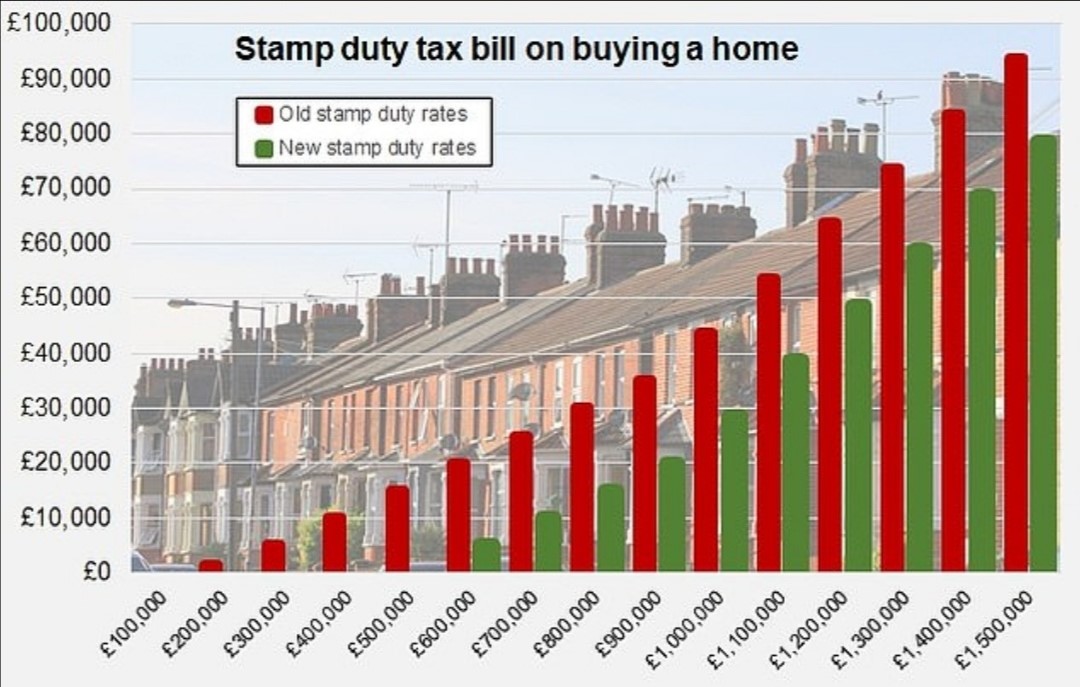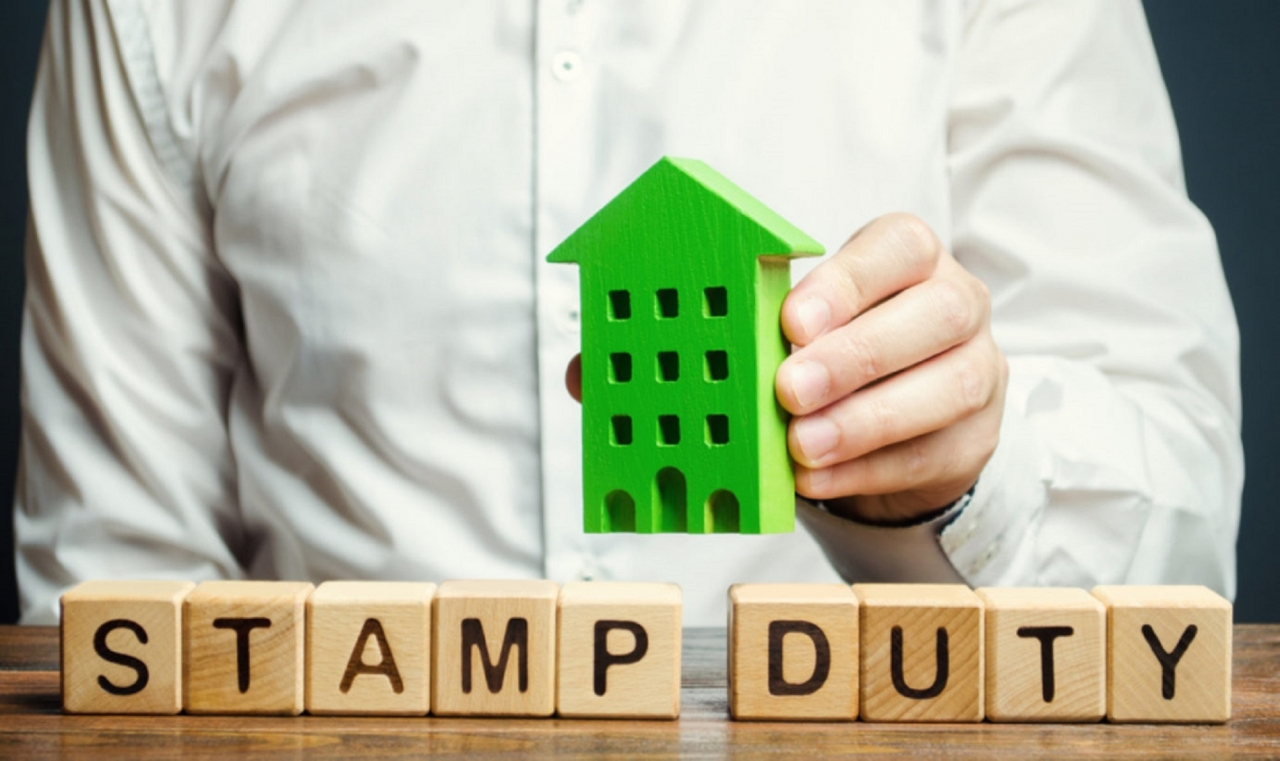The Chancellor has announced a Stamp Duty Holiday for any buyer upto the first £500,000 of a property purchase in England & Wales. The changes are with immediate effect and currently will run until March 2021.
What has changed?
The government has temporarily increased the stamp duty threshold to £500,000 for property sales in England and Northern Ireland, until 31 March 2021,
Anyone completing on a main residence costing up to £500,000 between 8 July and 31 March will not pay any stamp duty, and more expensive properties will only be taxed on their value above that amount.
This will save buyers as much as £15,000, if they are buying a property of £500,000 or more.
The move is aimed at helping buyers who have taken a financial hit because of the coronavirus crisis.
It is also intended to boost a property market hit by lockdown. According to the Halifax, house prices have fallen for four months in a row.
The average stamp duty bill will fall by £4,500, Chancellor Rishi Sunak has suggested, with nearly nine out of 10 people buying a main home this year paying no stamp duty at all.
How much could a buyer save?
The change will save buyers as much as £15,000, if they are buying a property of £500,000 or more.
Before the stamp duty holiday, if you bought a house for £275,000, for instance, the stamp duty you'd have had to pay would have been £3,750.
That's based on 0% duty on the first £125,000, 2% on the next £125,000 (£2,500), plus 5% on the final £25,000 (£1,250).
The tax cut means anyone buying a home in Bramhall, Stockport would save £13,603 in stamp duty, based on Rightmove estimates of an average asking price of £472,053.
How much stamp duty will I pay now?
If the property purchased is your main home you won't pay any stamp duty on it at all if it costs £500,000 or less.
The next portion of the property's price (£425,000 to £925,000) will be taxed at 5%, and the £575,000 after that (£925,001 to £1.5 million) will be taxed at 10%
The remaining amount (over £1.5 million) will be taxed at 12%. You can calculate how much you are liable to pay here.
Before the announcement, stamp duty in England and Northern Ireland was paid on land or property sold for £125,000 or more, while first-time buyers did not pay any stamp duty up to £300,000. But this stamp duty holiday replaces the first-time buyer discount.
Landlords and second home buyers are also eligible for the tax cut but will still have to pay the extra 3% of stamp duty they were charged under the previous rules.

Can I still benefit if I've already completed a purchase?
The holiday applies from 8 July, which means anyone completing a property purchase before that date will have to pay the full normal stamp duty.
Stamp duty is payable upon completion, so if you've exchanged contracts and are currently waiting for completion you will be able to benefit from the change.
What about Scotland and Wales?
In Scotland, the rates on Land and Buildings Transaction Tax are 2% on £145,001-£250,000, 5% on £250,001-£325,000, 10% on £325,001-£750,000, and 12% on any value above £750,000.
Scottish landlords pay an extra 4% Land and Buildings Transaction Tax on top of standard rates.
In Wales, the rates on Land Transaction Tax are 3.5% on £180,001-£250,000, 5% on £250,001-£400,000, 7.5% on £400,001-£750,000, 10% on £750,001-£1.5m, and 12% on any value above £1.5m.
Welsh landlords pay an extra 3% Land Transaction Tax on top of standard rates.


 by
by 



Share this with
Email
Facebook
Messenger
Twitter
Pinterest
LinkedIn
Copy this link